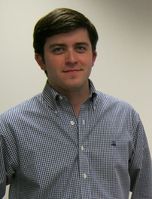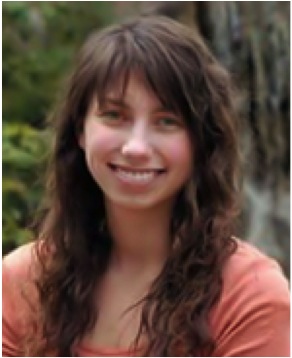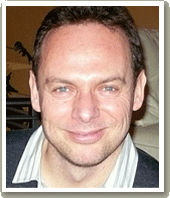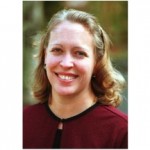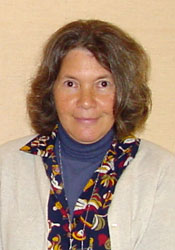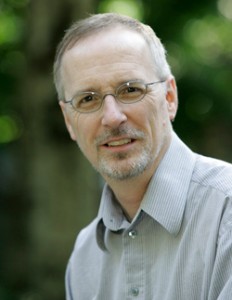[ensemblevideo contentid=s0nUR-f2FUihkQ7b6_PezQ audio=true showcaptions=true displayAnnotations=true displayattachments=true audioPreviewImage=true]
Colleges and universities face major financial challenges as state and federal funding levels fall and few new revenue sources can adequately fill the gap. Tuition has already been raised to unsustainable levels, as aggregate student debt recently reached $1 trillion. Higher educational institutions are seeking to be more “entrepreneurial” in order to generate new revenues, but this is a rather slow process in most cases. These issues were pressing even before the housing meltdown in 2008. Now they are urgent.
With this context in mind, the Temple University Libraries are interested in exploring ways that the Internet can be used to reconceptualize and reconfigure how research and educational materials are delivered. If successful, this might both improve research and educational performance at the same time that costs are lowered. As part of the sixth annual Open Access Week (Oct. 22 – Oct. 28, 2012), the Temple University Libraries invited Nick Shockey, director of student advocacy for the Scholarly Publishing and Academic Resources Coalition (SPARC) and manager of the Right to Research Coalition, and Nicole Allen, director of Student PIRG’s Make Textbooks Affordable campaign, to discuss “The Connection between Open Access and Open Educational Resources: Exploring New Publishing Models.”
Before they’re presentation, they sat down to speak with me about open access journals and open educational resources.
Audio Embed Code

